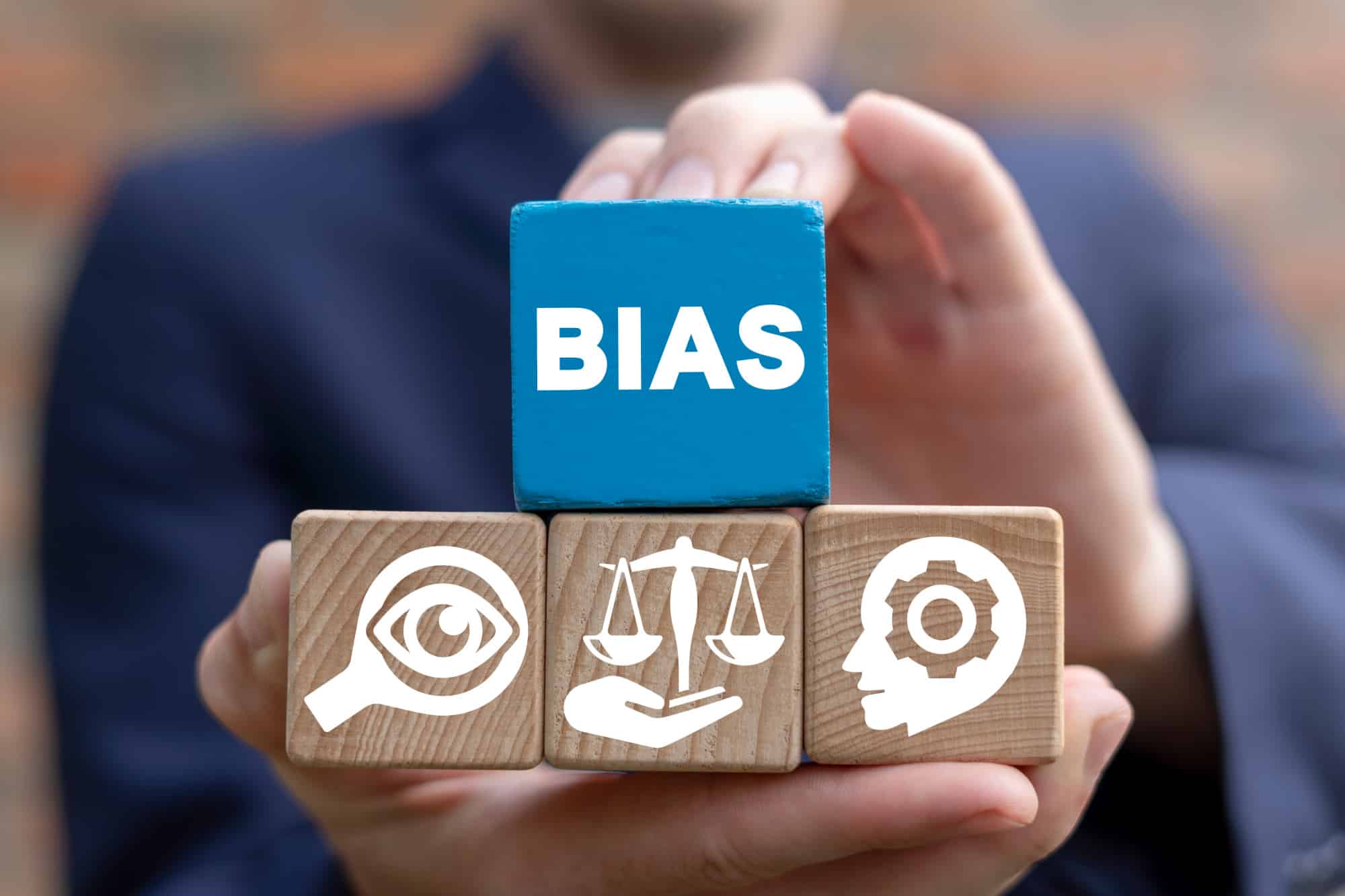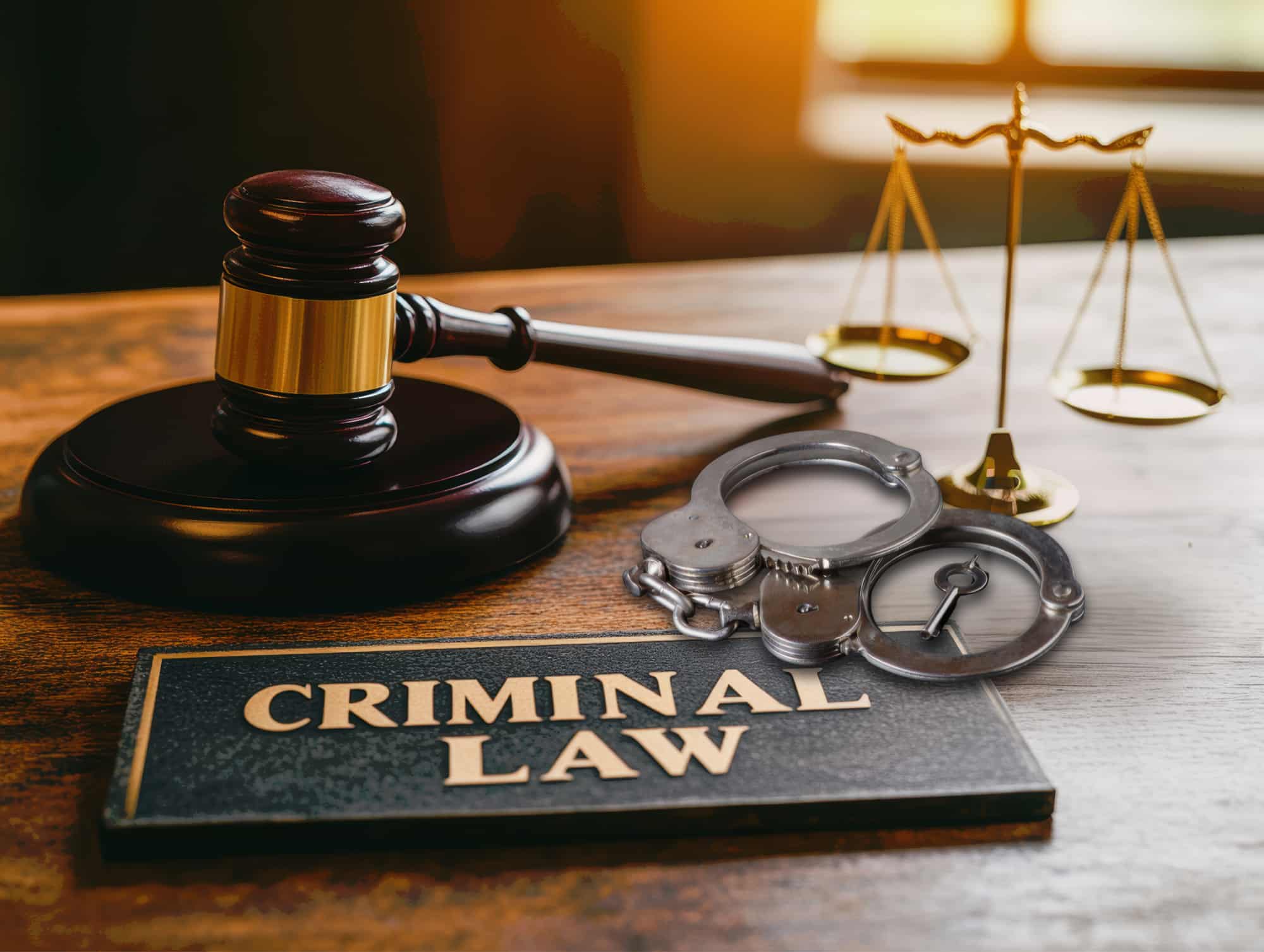Colorado enforces strict laws for bias-motivated crimes, increasing penalties for acts rooted in prejudice. These laws aim to protect vulnerable groups and deter discrimination, but facing an accusation can lead to harsh penalties and lasting stigma.
If you are under investigation or charged with a hate crime in Denver, it is critical to understand how prosecutors build these cases and what defenses may apply. Early intervention from a Denver criminal defense lawyer at the Law Office of Kimberly Diego can help protect your rights and strengthen your defense.
What Qualifies as a Hate Crime in Colorado
Colorado defines hate crimes as bias-motivated incidents under C.R.S. 18-9-121. The law applies when someone, intending to intimidate or harass based on a protected trait, knowingly:
- Causes bodily injury
- Places another person in fear of imminent lawless action
- Damages or defaces property
Protected characteristics include race, color, religion, ancestry, national origin, disability, sexual orientation, and beginning July 1, 2025 (SB24-189), gender identity and expression.
To convict, prosecutors must prove that bias was a substantial motivating factor, not merely an afterthought. The presence of offensive language alone does not automatically make a crime bias-motivated.
Bias-Motivated Crimes and Mixed-Motive Incidents in Colorado
Colorado’s hate crime laws also apply to property damage against institutions such as religious centers, schools, or community organizations. The statute also recognizes mixed-motive incidents, where prejudice may have allegedly escalated another dispute.
A Denver criminal defense attorney will evaluate whether prosecutors can actually prove bias beyond a reasonable doubt and whether the evidence shows discriminatory intent or a personal disagreement.

Hate Crime Sentencing Enhancements in Colorado
Bias-motivated incidents often trigger severe penalties that exceed standard sentencing. Under C.R.S. 18-9-121, punishments depend on the severity of the act:
- Knowingly causing bodily injury: Class 5 felony (1 to 3 years in prison and up to $100,000 fine), or Class 4 felony (2 to 6 years) if committed with others
- Placing someone in fear or damaging property: Class 1 misdemeanor (up to 364 days in jail and $1,000 fine)
When bias accompanies another offense such as assault or harassment, it becomes a sentence enhancer under C.R.S. 18-1.3-401(10). Bias can elevate misdemeanors to felonies or increase felony sentencing ranges.
Collateral consequences of conviction may include:
- Employment and housing barriers
- Denial of professional licenses
- Immigration complications
- Long-term reputational damage
A Denver criminal defense lawyer can seek charge reductions, plea alternatives, or dismissal by challenging the enhancement’s application.
Defense Strategies for Colorado Hate Crime Allegations
Defending against a bias-motivated charge involves contesting both the underlying offense and the bias allegation. Common defense strategies include:
- Disputing bias motivation: Arguing the altercation stemmed from a personal dispute, self-defense, or another non-discriminatory factor
- Challenging context: Showing that heated language or symbols used during conflict do not prove prejudice
- Questioning evidence reliability: Exposing weaknesses in witness testimony, social media posts, or text message interpretations
- Invoking constitutional protections: The First Amendment protects even offensive or unpopular speech unless it is directly tied to criminal conduct
By targeting weaknesses in motive, context, and evidence, a Denver hate crime attorney can dismantle the prosecution’s theory and limit potential penalties.
How Intent and Mental State Affect Hate Crime Charges
Intent plays a central role in every hate crime case. Prosecutors must show that bias was a substantial motivating factor behind the act. Because intent is subjective and inferred from circumstances, it can be challenging for the prosecution to prove.
A Denver criminal defense lawyer may present evidence that alternative motivations, such as emotional distress, intoxication, or situational anger were the driving force. Mental health or cognitive impairments can also demonstrate that the accused lacked the intent to act on prejudice.
Through expert testimony and contextual analysis, a defense attorney can reveal that the alleged conduct was not rooted in bias, helping reduce or dismiss the enhancement.

Speak with a Denver Hate Crime Defense Attorney
If you’re facing hate crime charges in Denver, consult an experienced defense attorney immediately to protect your rights and build a strong legal defense. Hate crime charges in Colorado demand immediate, strategic representation from an attorney experienced in defending complex criminal allegations. The Law Office of Kimberly Diego provides trusted legal counsel for clients throughout Denver who are facing hate crime or bias-motivated charges.
Call (720) 257-5346 or contact us online to speak with a Denver criminal defense lawyer who can review your case, challenge the prosecution’s claims, and build a strong defense to protect your future.





